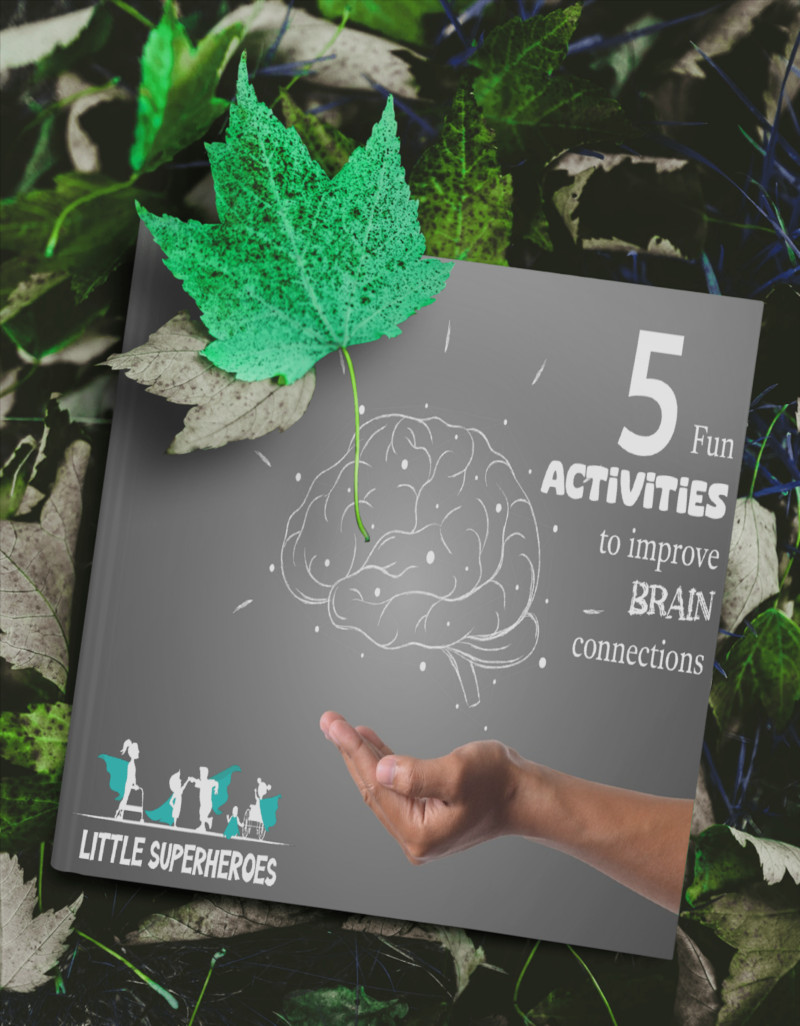Creating a Calm Christmas Environment for Overstimulated Kids
Christmas is meant to be a time of joy and celebration, but for neurodivergent children, the holiday season can be overwhelming. The sensory overload from bright lights, loud music, and busy family gatherings can make it difficult for them to enjoy the festivities. So, how can we help our little superheroes experience a peaceful, joyful holiday season? Here are some simple tips to create a calming Christmas environment for your child.
1. Sensory-Friendly Holiday Decorations
Traditional Christmas decorations can be visually overwhelming with their flashing lights and bright colours. To make your home more sensory-friendly, opt for simpler, calming décor. Soft white, green, or blue lights can be soothing, while avoiding flashy or bright colours can prevent overstimulation. Involve your child in decorating by allowing them to pick out their favourite items, which gives them a sense of control and helps them feel more comfortable in their space. Keep decorations to a few select areas, like a designated festive corner, to maintain a balanced atmosphere without overwhelming their senses.
2. Engage in Single-Sense Activities
Multi-sensory activities are a hallmark of the holiday season but can often overwhelm neurodivergent kids. Instead, try single-sense activities that focus on one sensory experience at a time. For example, a Christmas light tour in the car lets your child enjoy the lights without the added noise of a busy street or unfamiliar faces. Alternatively, baking cookies with a single scent like cinnamon or ginger can provide a calming aroma without additional sensory input. You can also set up a holiday-themed sensory bin with items like soft cotton balls, smooth pinecones, or miniature ornaments for a tactile experience.
3. Designate a Weekly Silent Night
The constant noise and excitement of Christmas can be exhausting for neurodivergent children. A “Silent Night” tradition can provide them with a much-needed sensory break. Designate one evening a week during the holiday season as a peaceful time for your family. Dim the lights, turn off the music, and engage in calming activities like reading holiday stories, sipping warm drinks, or simply relaxing together in a quiet space. This can become a cherished weekly tradition, offering your child a break from the overstimulation that often comes with the holiday season.
4. Create Small-Scale, Predictable Traditions
Holiday traditions don’t need to be grand or elaborate. For neurodivergent kids, small, simple, and predictable activities can be more enjoyable and less overwhelming. Consider creating a holiday card for each day of December, allowing your child to decorate it with colours, stickers, or even natural items like leaves or small stones. This gives them something tactile and creative to do without overwhelming them. Another idea is to start a nightly story tradition, reading one chapter from a Christmas book each evening. Keeping it consistent and calm can help your child feel more comfortable and engaged.
5. Get Outside and Embrace Nature
Spending time outdoors can have a grounding effect on the nervous system, helping to release stress and restore balance. Whether you’re celebrating Christmas in summer or winter, outdoor activities can provide a sensory-friendly holiday experience. For families in warmer climates, a beach picnic or a nature walk is a great way to enjoy the season without overwhelming your child. In colder climates, a holiday nature walk to collect pinecones or snow-covered branches can be equally calming. These nature-based activities allow your child to connect with Christmas in a way that feels grounded and soothing.
6. Use a Visual Holiday Countdown
Holiday schedules can feel chaotic and unpredictable, especially for children who thrive on routine. A visual holiday countdown can help your child anticipate the activities of the day and provide a sense of control. Create a simple calendar with daily activities leading up to Christmas—like decorating cookies, watching a Christmas movie, or having a family meal—and mark each one visually. This can reduce anxiety by giving your child a clearer idea of what to expect. Remember, flexibility is key; if your child is feeling overwhelmed, feel free to adjust the schedule.
The holidays don’t have to be stressful for neurodivergent children. With a few simple strategies, you can create a peaceful, sensory-friendly environment that allows your child to enjoy the magic of Christmas without feeling overwhelmed. The goal is to balance the excitement of the season with calming routines that help your child feel safe and supported.
What are your plans for a calm and joyful Christmas for your little superhero? Share your ideas with us in the comments or send us a message—let’s create a holiday season that’s fun, meaningful, and peaceful for the whole family.
















